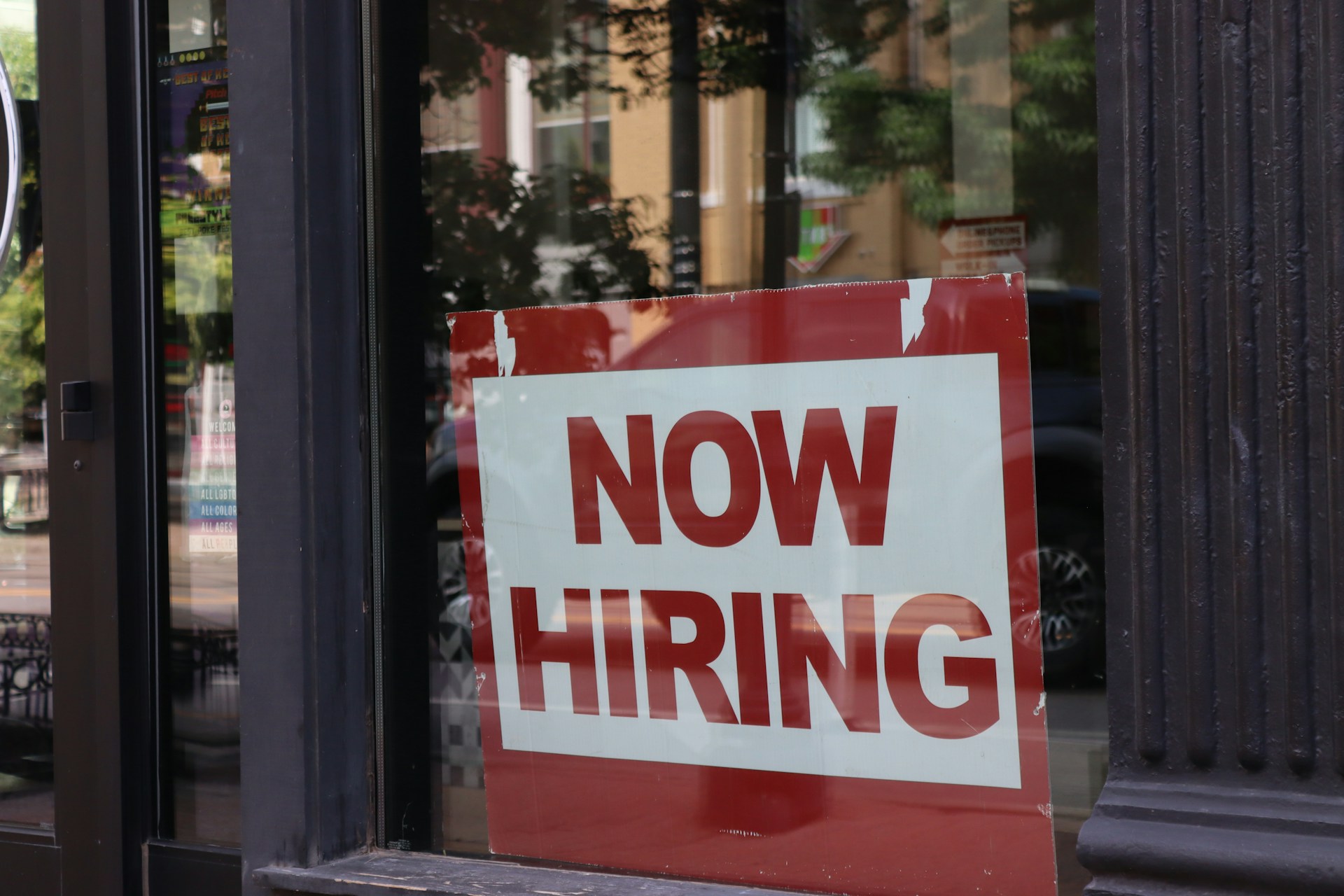With the global economy mired in slow growth and right-wing, nationalist populism in the ascendant in many of the advanced industrial countries, one might have hoped that the Group of Twenty (G20) 2016 summit in Hangzhou, China would have come up with a real plan to promote a sustainable, shared recovery.
If so, one would be very disappointed since the final communique consisted mainly of empty rhetoric and evaded the key issues of competitive fiscal austerity and increasing income inequality.
In the run-up to the summit, the two key global economic think-tanks, the International Monetary Fund (IMF) and the Organisation for Economic Co-operation and Development (OECD), correctly argued that the global economy is trapped in a self-perpetuating, slow growth trap. Despite ultra loose monetary policy, business investment is very low due to inadequate overall demand, dampening prospects for the employment and broadly-shared wage growth which are needed to boost global consumer spending.
The IMF staff report to the G20 chided governments for failing to carry through on past commitments to boost growth through co-ordinated fiscal policies. And the June, 2016 Economic Outlook of the OECD called for a big boost to high return public investments to take advantage of low interest rates.
But the G20 communique failed to announce any new fiscal measures to boost demand, and focused on vague “supply-side” efforts to boost innovation and the digital economy.
A key problem that has been evaded is that there are still large differences between the major economies with respect to their unbalanced contributions to global supply and demand, and resulting pressures on all countries to compete every more fiercely for a share of stagnant export markets.
China continues to run a significant balance of payments surplus of 2.8% of GDP (as projected for 2016 by the OECD), consisting mainly of a huge trade surplus in manufactured goods with the United States.
For its part, the United States is running a balance of payments deficit of 2.5% of GDP, well down from before the crisis but still a significant drag on overall job and wage growth. This is the source of much of the populist anger fuelling the Donald Trump campaign.
As Keynes argued when the IMF was founded, the burden of adjustment to deal with chronic trade and balance of payments imbalances should be on surplus rather than deficit countries if global demand is to grow. China is, to a degree, slowly doing its part by trying to shift the motor of its economy from manufacturing exports to domestic consumption.
The big global co-ordination problem, as recognized in the IMF staff report, is the Euro area balance of payments surplus, currently running at 3.8% of GDP. This surplus is mainly the result of a huge German balance of payments surplus of 9.2% of GDP, boosted by similar surpluses in some smaller northern European countries.
The euro area as a whole is barely growing due to fiscal austerity combined with very tough competitive pressures on member countries to match German levels of productivity and wage discipline. High unemployment and a declining middle-class and not just immigration are a major source of rising right-wing populism in much of Europe.
Europe and the world need the euro area as a whole, led by Germany, to boost public investment. Japan also has a large balance of payments surplus and could do more to reflate its economy despite high public debt.
Another key problem weighing on global demand is that the wage share of national income has been falling in most countries relative to profits, which generally remain robust, while wage gains have mainly been going to the most affluent.
As noted by the OECD in particular, high and rising income inequality is weighing on the recovery and must be countered by deliberate changes to labour market policies, such as higher minimum wages and tax credits for low income workers.
The G20 successfully coordinated a global monetary and fiscal response to the global financial crisis of 2008 which had been caused in large part by chronic balance of payments imbalances and by stagnant middle-class income. They need to be doing much more today to ensure a meaningful recovery.





